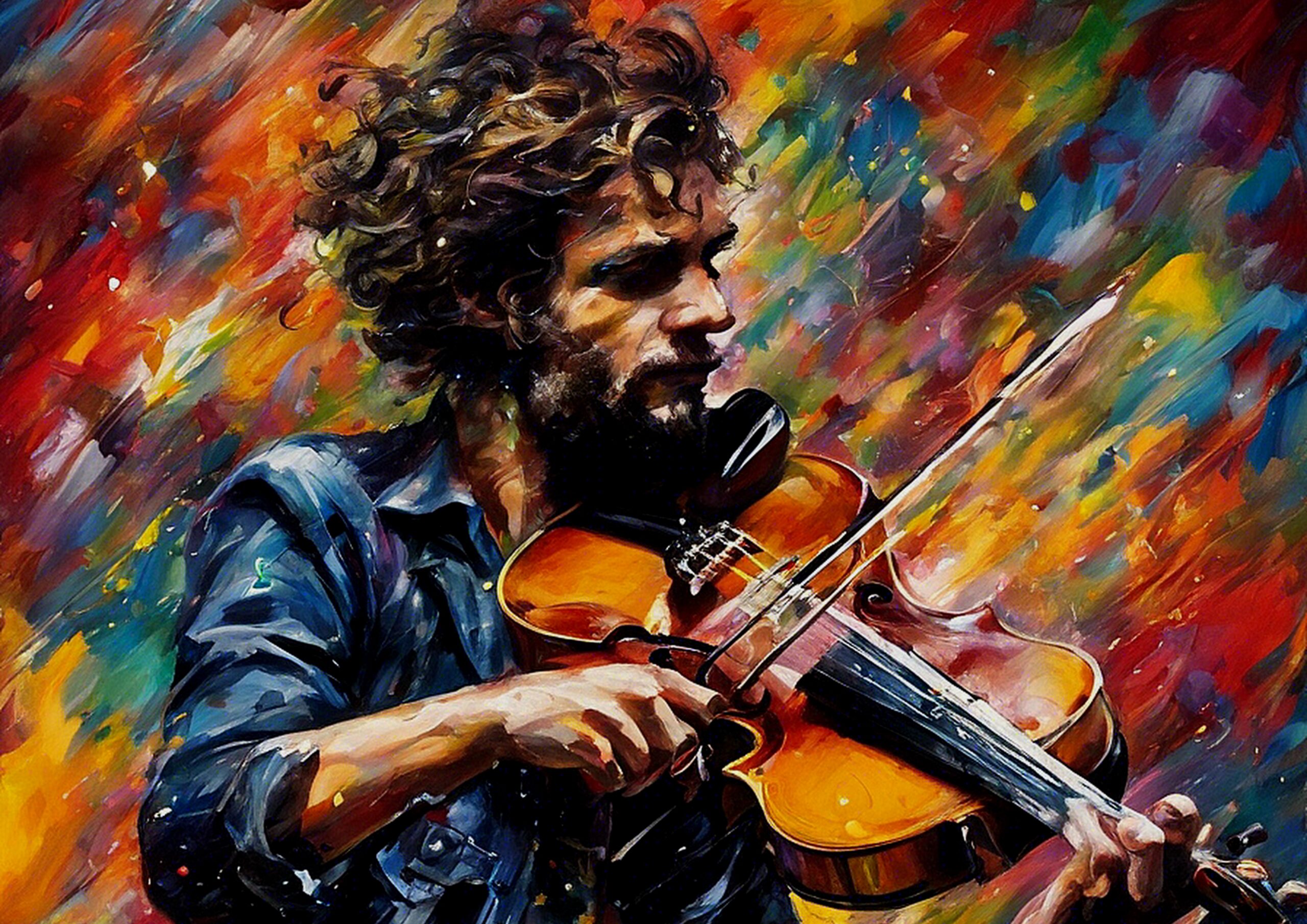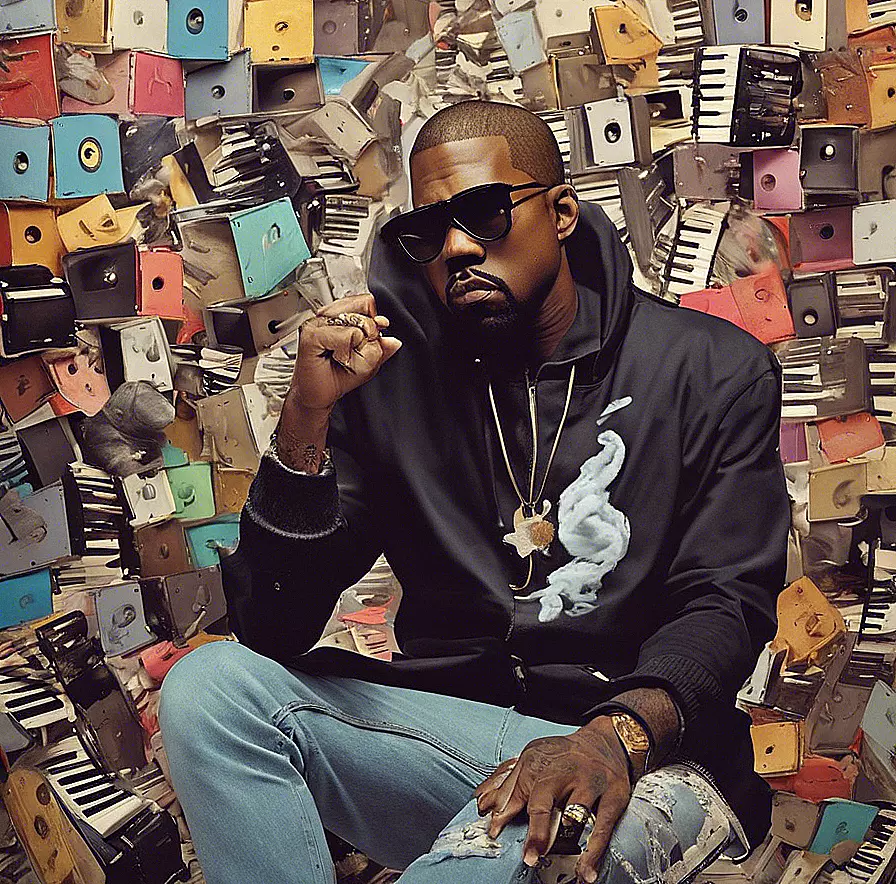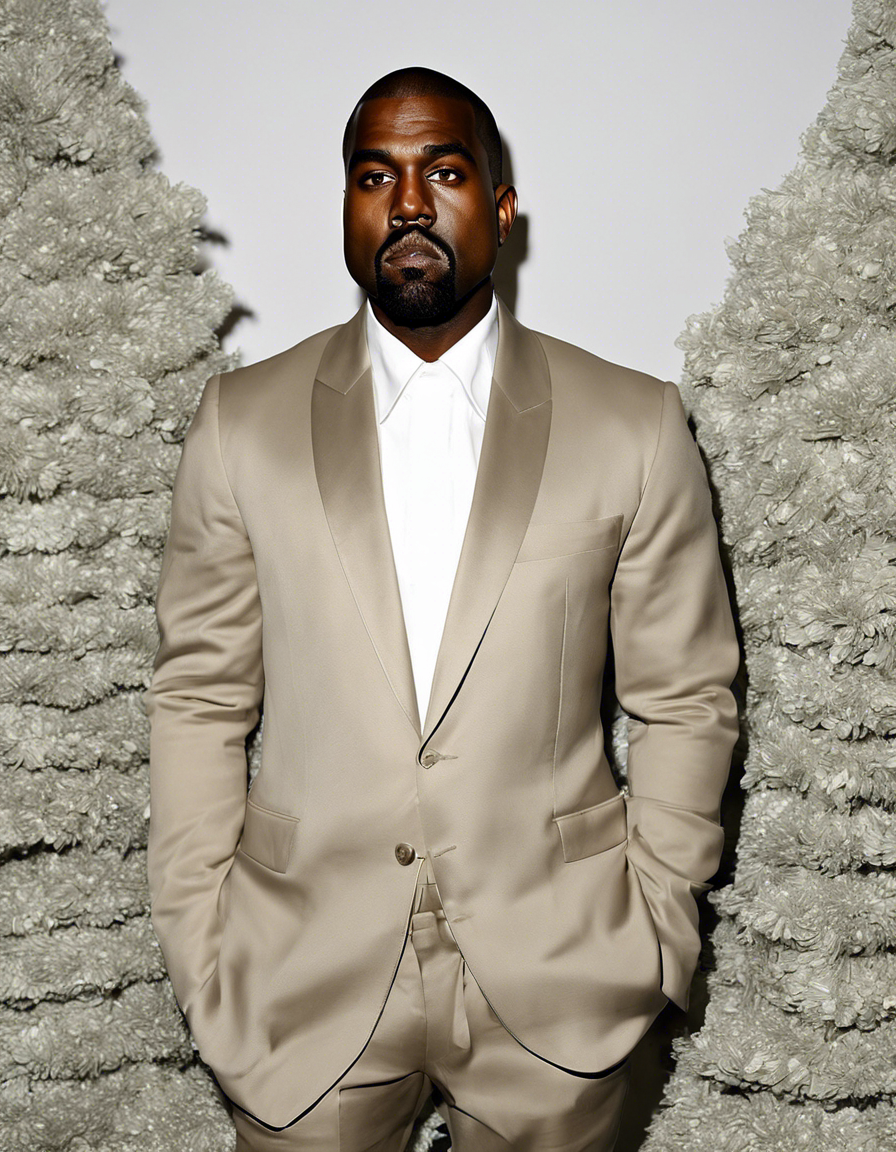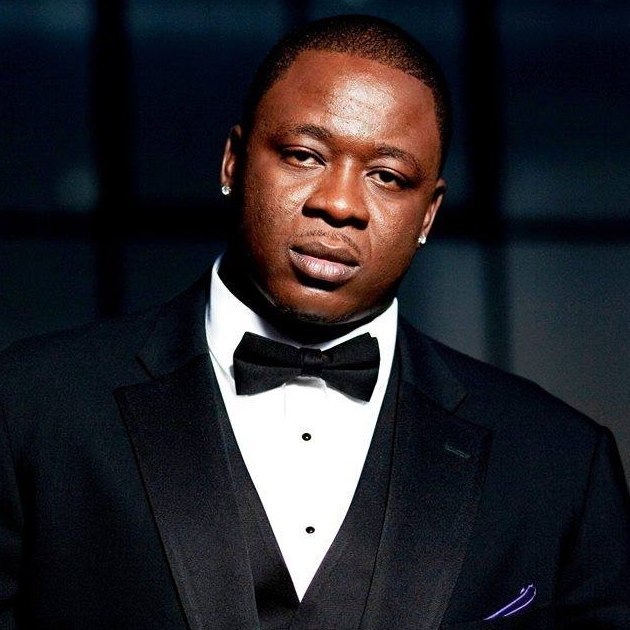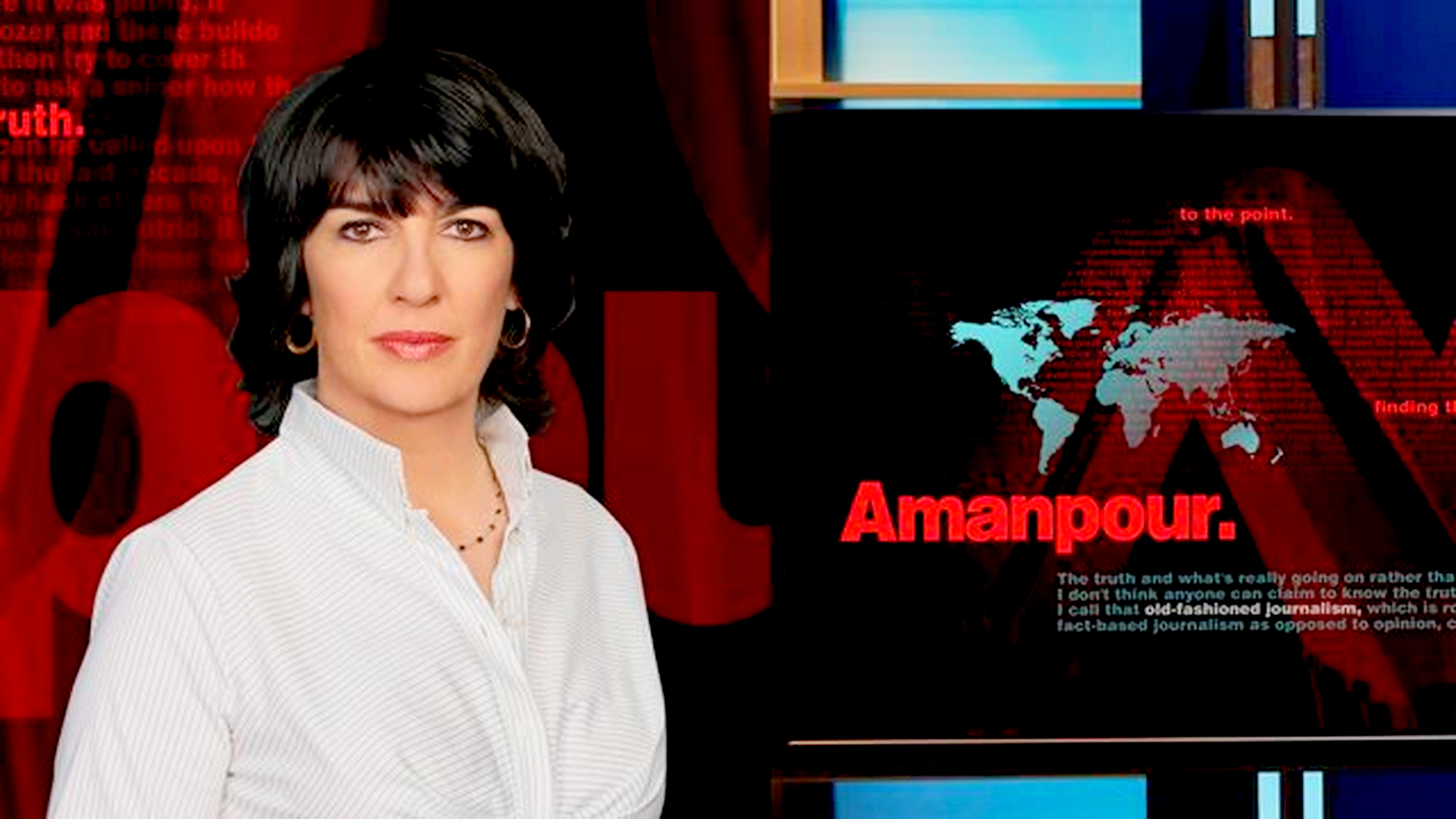Picture an independent musician in Germany with an enchanting and groundbreaking song. It is a powerful and captivating song that simulates the mind, emotions, sight, and hearing senses. Almost everyone swoons to this song! This creates numerous opportunities for many other related professionals to thrive. Let’s assume that this one song has been bought by 5% of the German population, a staggering 4,150,000 people, each paying five euros. That is a whopping 20,750,000 euros for the artist.
Ye knows that every note, beat, and lyric he creates…
Shrink this earning down or exaggerate it. The figure will still be impressive. Now, imagine this song becoming a global phenomenon, heard in every corner of the world. It earns the artist ten times more revenue. And let’s remember that, as the writer, producer, and performer, the artist owns 100% of the song. With that potential, the musician quickly becomes a multi-billionaire if he/she releases ten albums. Tragically, many musicians only see a fraction of the revenue earned from their music.
Many people will agree that Ye is an extraordinary musician. However, his incredible gifts do not effectively allow him to express his thoughts and ideas. His music is like a priceless diamond, only becoming valuable when it reaches the right hands. Those who own the industry can take it to the next level, making it shine and sparkle and becoming the true gem it was meant to be. Ye knows that every note, beat, and lyric he creates can have a different value depending on who sells the music.
A non-African dealer in Antwerp, Belgium, might recognize the worth of a ten-carat diamond. In contrast, like the African miner, an independent musician may not have the same resources to bring their song to the world. With the proper backing, music can transform from a raw natural resource into something of immense value. Kanye’s thoughts on music ownership are so powerful and complex that it’s almost impossible to articulate them accurately. It’s as if multiple plates are spinning in his mind.
Then, some artists rose to stardom, using MySpace…
Music streaming was initially a lifeline for independent artists. We craved the resources to produce physical products like cassettes, compact discs, or vinyl. We longed for the ability to promote and distribute our music nationally and even globally. But we could not even land a video on MTV. Those coveted premium store shelves were often unavailable to independent artists or record labels. We could not afford to produce and ship their products. The majors had already snatched everything up.
This is when independent artists turned to digital downloading and streaming to determine the value of their music and then promote and distribute it. Then, some artists rose to stardom, using MySpace, SoundCloud, YouTube, and other digital platforms to reach their fans. However, the digital backdoor was ruthlessly confiscated, rebranded, and dominated by an all-powerful industry that caused a seismic revolution in automobile and music stereo manufacturing.
Today, cars and home entertainment systems no longer have a cassette or CD player. That makes way for streaming platforms overpowered by major record labels and mainstream artists. This has made it even more difficult for independent artists to earn an income, as they are forced to hand over their music to a third party, who will then own the rights to their songs and pay a meager fraction of what the artist would earn if they sold their music directly to the fans without any middleman.
If you are Kanye, you will still make millions of dollars…
Ye, formally known as Kanye West, is in a desperate situation. His highly innovative and entertaining music has more value if he gives it to a third party. They will provide him with a cut. It’s almost comical when you think about it. Imagine an exceptionally gifted musician who knows he can create and perform some of the most soul-stirring tunes. He influences other talented musicians to collaborate and create epic songs. But the ultimate question remains: where will he sell it directly to the audience?
How can a multi-talented musician with the popularity of Kanye West sell their music directly to the audience? Ye is a poster child for this problem. Many musicians face it today. We all know that streaming companies have figured out how to take most of the artists’ profits. You create your remarkable record at your own expense, but what happens once you upload it to Spotify or Apple Music? If you are Kanye, you will still make millions of dollars on your product even with billions of streams.
This problem of third parties stealing artists’ earnings goes beyond the gatekeepers. Someone or some people own the art of music itself. If so, why are musicians unaware of the people who own the realm of their art? Whether you own the song or not, you can only perform this art by allowing them to take the lion’s share of your earnings. So, how can artists create platforms to sell their music directly to the public? This is what this battle is all about. There is no way for artists to sell without a go-between.
In addition to controlling the media…
Many artists have been forced to venture into other businesses, such as clothing, restaurants, beverages, real estate, and film, but they remain millionaires. If you’re Freddy Will without significant backing, you could work into the low million-dollar net worth. However, if you’re Ye, you are soaring at a peak of around four hundred million, and your luck is beyond compare. You can’t wear regular clothes anymore, as the owners of the musical art monetize his image by selling replicas of his clothing.
Ye seemingly idle rants on social media, possibly fueled by rage, are used to market his music so that the people who own the art can make even more billions. In addition to controlling the media, they have power over the financial industry, manipulating the artist’s assets and portraying them as net worth instead of physical wealth. If the artist decides to leave the plantation, she risks losing her fame and fortune. Can we agree that Ye might be conscious of something the public doesn’t know?
Her career hangs in the balance – a precarious situation that evokes fear and a sense of injustice in those involved. Despite that, at this rate, will the artist’s children inherit his assets after his death, whether the artist is male or female? Is it possible to achieve generational prosperity when a hypothetical affluent man can manipulate your success? Musical success is when a rich man forces the musician to play in the rich man’s playground while making money is seemingly impossible.
We are wealthy employees forced to work under the…
Once the musician stops earning income for the man, he swiftly casts the artist out of the playground, stripping away their music and creative rights, leaving only the wealthy man to reap the rewards. When the artist demands the rights and royalties to his or her music, the rich man begrudgingly obliges but also influences the depreciation of the music, so the musician cannot earn from his music to the same extent as this rich man. Do you understand what I mean by wealthy or affluent man?
Kanye is a multi-talented musician who wants to leave the rich man’s playground. Nevertheless, his peculiar situation forces him to wear rags to prevent the rich man from marketing his image. Bottom line? We are wealthy employees forced to work under the oppressive thumb of the truly affluent. Giving the rapper his label proves that the rich man is confident that he will win no matter how you spin it. Many artists would never know what keeps them from success if Ye wasn’t as outspoken.*
